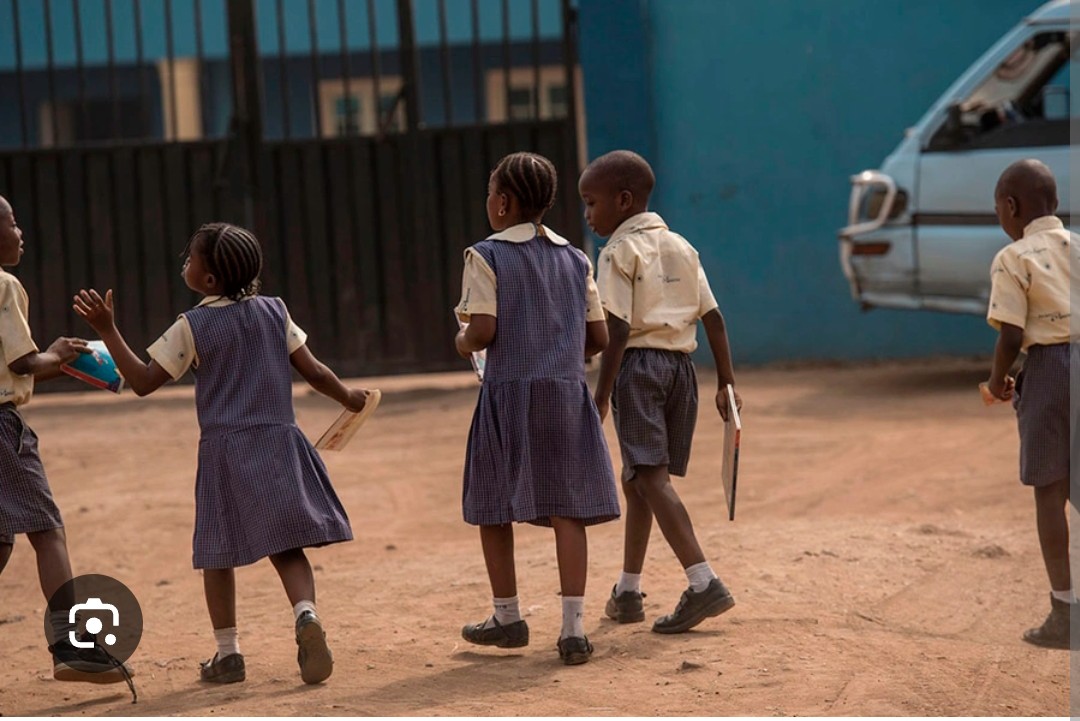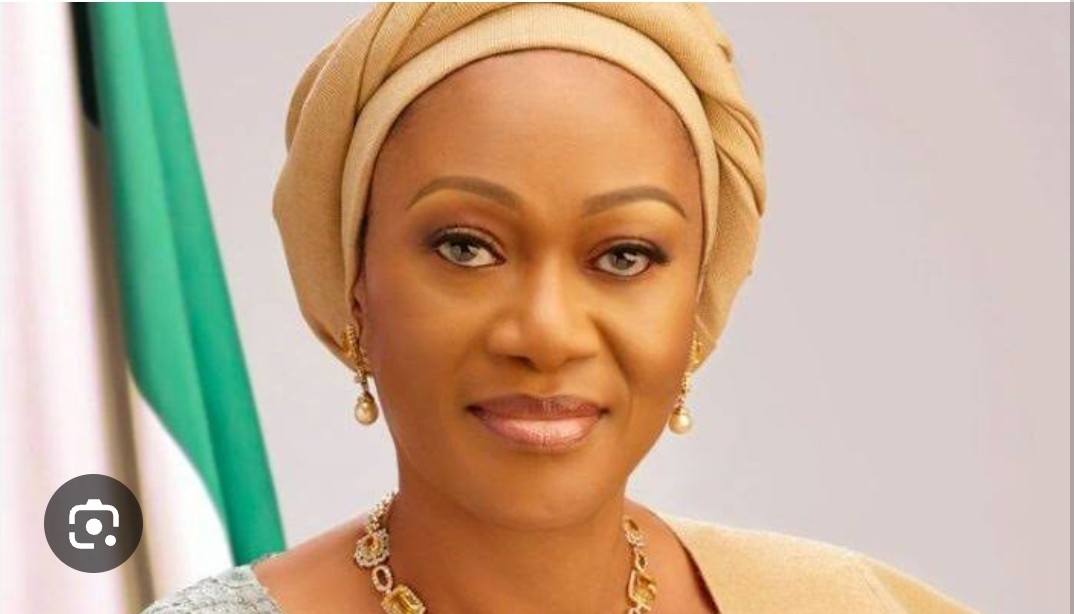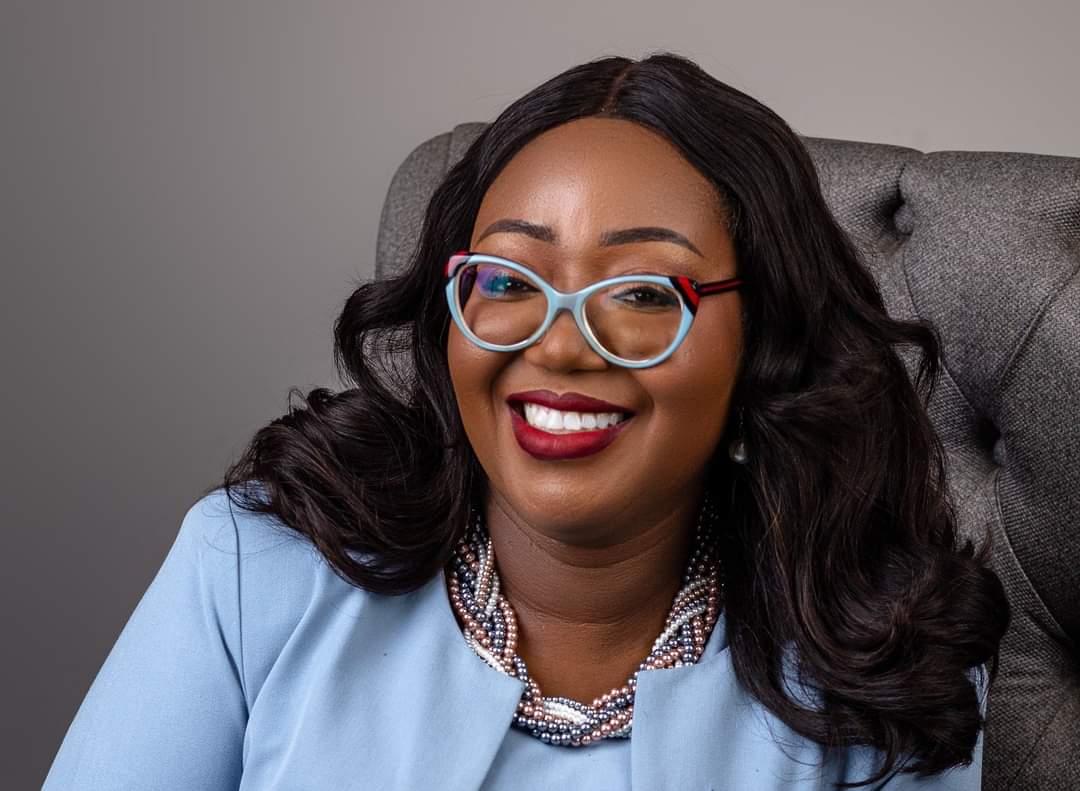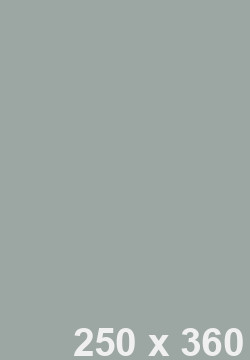Image Source: Getty/Google
The governments of Anambra and Enugu states have clarified that they lack the legal authority to regulate tuition fees charged by private schools. This admission comes amid growing concerns over the high cost of education in private secondary schools and the employment of unqualified teachers.
Speaking on the matter, Anambra’s Commissioner for Education, Ngozi Chuma-Udeh, stated, “For one’s child to attend any school, be it public or private, depends on how much the person can afford. Public schools are available if parents cannot afford private schools.”
Echoing this sentiment, Enugu’s Commissioner for Education, Ndubueze Mbah, referred to the high tuition fees in private schools as a “parental choice.” He added, “Parents can choose to send their children to study in any part of the world and pay any amount they want to pay. The ministry has no power over that, but what we are doing is providing free Universal Basic Education to all children in the state.”
Mr. Mbah also emphasized the state’s commitment to providing affordable and quality education through initiatives like the Enugu Green Smart Schools, which he described as offering the best school system in Africa.
Private School Owners Defend Tuition Fees
Julius Udekwe, deputy chairman of the Association of Private School Owners in Anambra, argued that private schools do not charge exorbitantly, stating, “We don’t bill parents and guardians too much, considering the current economic hardship we are facing right now. Our goal is to compete with public schools and raise standards, not to turn education into a money-spinning business.”
In Ebonyi, private school owners under the National Association of Proprietors of Private Schools shared similar views. Paul Ogwale, a school owner in Abakaliki, noted that tuition fees in most private schools range between ₦25,000 and ₦30,000 per term, with only a few schools charging up to ₦50,000.
“Private schools are responsible for paying their own teachers, maintaining facilities, and covering operational costs. As these costs rise, schools may be compelled to increase fees to sustain operations,” Ogwale explained.
Parents Voice Their Concerns
While private school owners defended their fees, parents expressed growing frustrations. Blessing Ejiofor, a parent, shared her experience of paying over ₦1 million in tuition and other costs to enroll her son in a missionary school. “The rising tuition fees are worrisome,” she lamented.
Similarly, Raymond Onwe, a parent with three children in private schools, justified his choice, citing the “strict supervision of teaching and other academic activities” in private institutions compared to public schools.
Balancing Quality and Affordability
Private school owners stressed that the fees are necessary to maintain the quality of education they provide. Ignatius Ugbala, a school proprietor, remarked, “The services rendered by private schools are far more than the fees paid by parents for their children to acquire quality education.”
However, the ongoing debate underscores the need for a balanced approach that ensures both access to affordable education and the sustainability of private institutions. For now, the responsibility remains with parents to choose schools that align with their financial capacities and educational aspirations.
NAN/ABS












